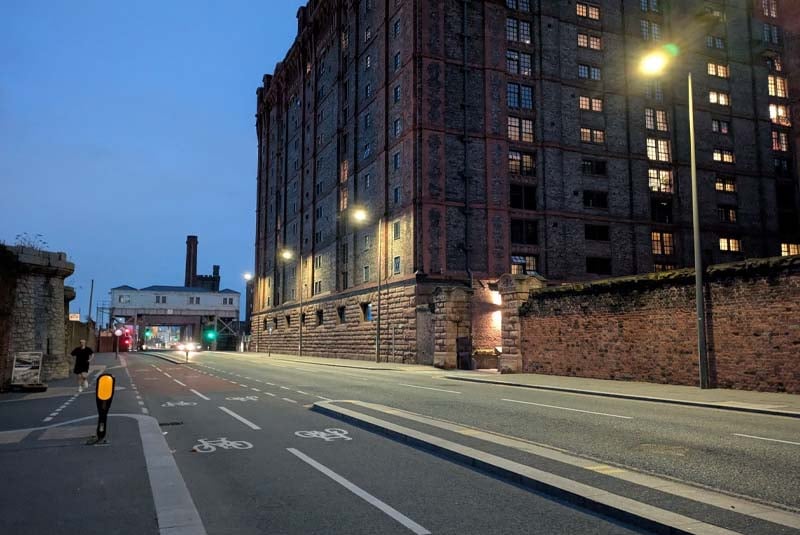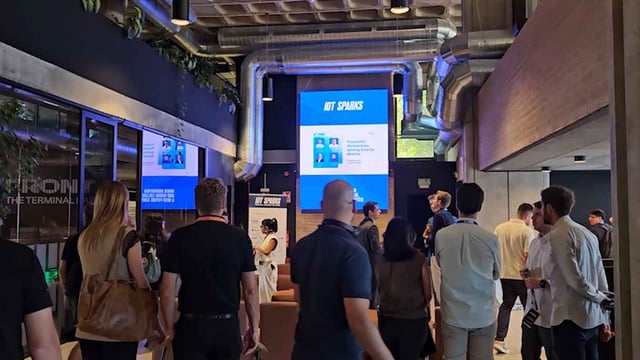The Liverpool City Council (LCC) has begun the first phase of a major street-lighting modernisation programme. The works are being carried out by contractor McCann Ltd and are designed to improve visibility, energy‐efficiency and control via connected lighting infrastructure.
The upgrade covers eleven principal streets linking the city centre to the waterfront. It includes installation of modern LED lighting columns connected to a Central Management System (CMS), enabling remote monitoring, fault detection and variable dimming when traffic usage is low. The council allocated £1.5 million to the work.
According to the council, the project responds to evolving road-use patterns around the stadium and increasing event day traffic. The new lighting is intended to cater both for event days and usual operation, aligning with current standards.
Under a broader contract awarded to McCann, the contractor will deliver both capital works and maintenance across around 68 000 lighting assets (approximately 60 000 lighting units plus 8 000 signs and bollards) for the council. The deal spans an initial three-year term, valued at approximately £30 million (with £21.5 m for capital works and £8.5 m for maintenance). The contract document specifies that the works will include reactive maintenance, planned maintenance, upgrade schemes (including lantern and column renewal), ducting/civils and installation of an electronic fault management asset system.
Next Steps & Outlook
As phase one completes, the upcoming phase concentrating on the Ten Streets area will test the scalability of the system. If successful, the CMS-enabled lighting infrastructure may become a model for further renewals elsewhere in the city. The contract with McCann also offers an opportunity for costs, performance and system reliability to be measured over the three-year term and potential extensions.








